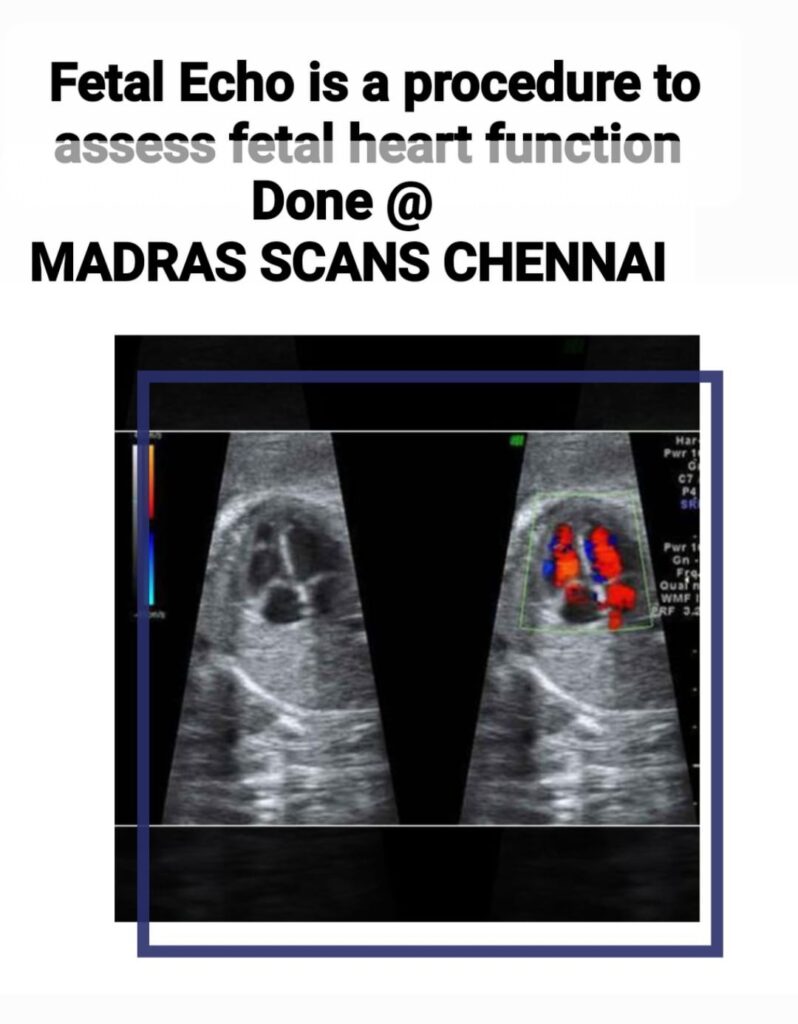Assessing fetal heart function test

Assessing fetal heart function is crucial for monitoring the health and development of the fetus during pregnancy. This assessment can be performed using various methods, including:
Ultrasound (Sonography):
- Doppler Ultrasound: Measures blood flow and heart rate. It can detect issues like abnormal heart rhythms or congenital heart defects.
- Fetal Echocardiography: A detailed ultrasound specifically focused on the fetal heart to evaluate its structure and function.
Non-Stress Test (NST):
- Monitors the fetal heart rate and its variability in response to fetal movements. A healthy fetus typically shows an increase in heart rate with movements.
Biophysical Profile (BPP):
- Combines NST with ultrasound to assess fetal heart rate, muscle tone, movement, breathing, and amniotic fluid volume. Each component is scored to evaluate overall fetal well-being.
Cardiotocography (CTG):
- Continuous recording of fetal heart rate and uterine contractions. It helps detect patterns that may indicate fetal distress.
Magnetic Resonance Imaging (MRI):
- In rare cases, fetal MRI can provide additional information about the fetal heart and surrounding structures when ultrasound results are inconclusive.
Parameters Assessed in Fetal Heart Function
- Heart Rate: Normal fetal heart rate ranges from 110 to 160 beats per minute. Abnormalities can indicate issues like fetal distress (bradycardia or tachycardia).
- Heart Rhythm: Regular rhythm indicates a healthy heart function, while irregular rhythms may suggest arrhythmias.
- Blood Flow: Evaluated using Doppler ultrasound to ensure there is proper circulation to and from the fetal heart.
- Heart Anatomy: Detailed structure and function assessment to rule out congenital heart defects.
Indications for Fetal Heart Function Assessment
- Maternal conditions (e.g., diabetes, hypertension).
- Abnormal findings in routine prenatal care.
- History of congenital heart disease in the family.
- Decreased fetal movements.
- Multiple pregnancies.
Follow-Up and Intervention
If abnormalities are detected, further testing and close monitoring will be necessary. In some cases, early delivery or interventions after birth may be required to manage identified issues.
If you have any specific concerns or conditions you’d like to discuss, feel free to call us and fix an appoinment
